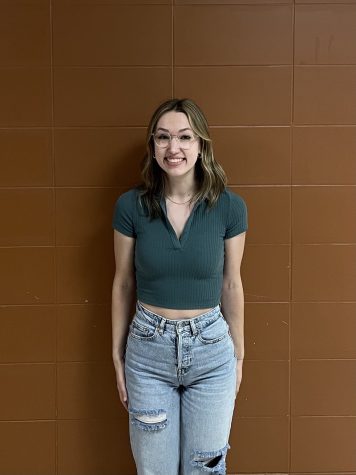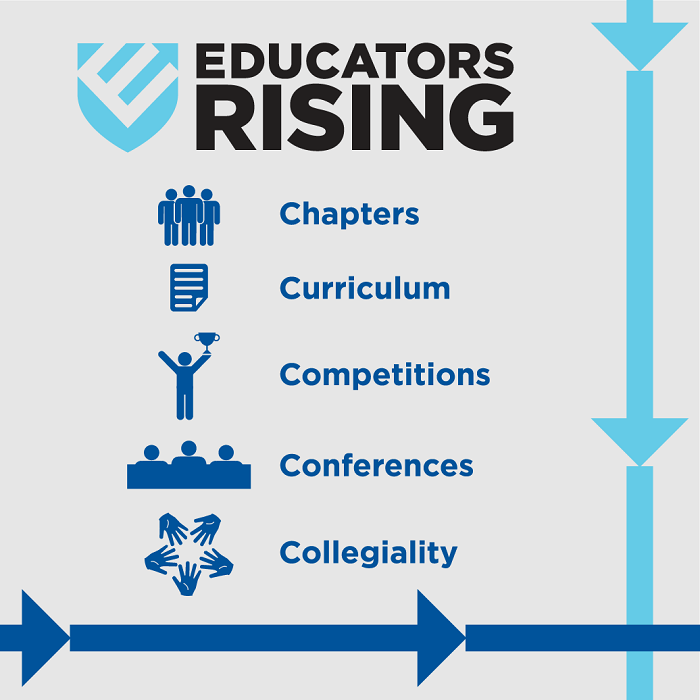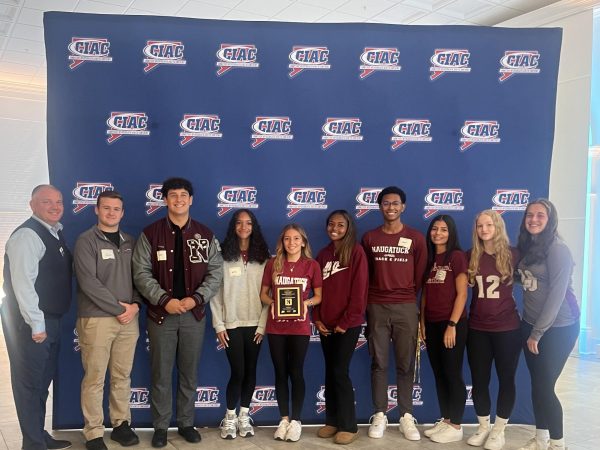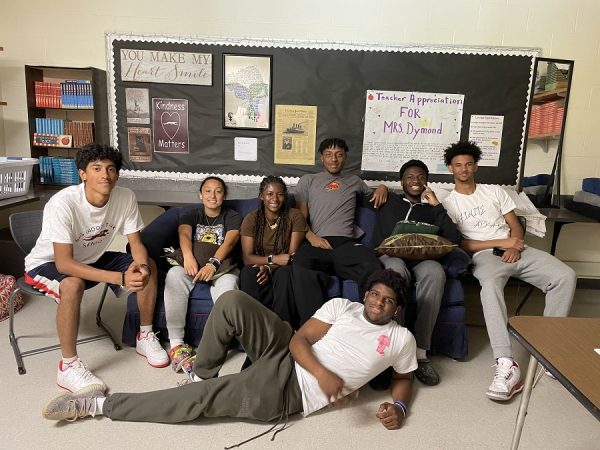NHS’s new education course is a raging success
ECE Health & Education in Urban Communities, advised by Mr. Keith Fowler, is one of Naugatuck High School’s newest and most interesting additions to the 2021-22 school year. The purpose of this class is to inform students, more specifically students looking to become teachers or other education professionals, about how social issues impact their teachings.
The idea came up in the summer of 2019 when Mr. Fowler and Mrs. Obedzinski, with the Equity Alliance, began reviewing data regarding the overrepresentation of White teachers compared to the demographics of our student population.
They started working with Mr. Harris and the superintendent’s office to revise the hiring policy in order to encourage the hiring of members of the BIPOC community.
“We realized that this is a state and national problem in terms of there simply not being enough diverse applicants for teaching positions,” said Mr. Fowler.
Upon researching, the pair found that many high schools offer “Grow your own teacher” programs in which they create their own pathways to invite their current students to become teachers later on. They then proposed their idea to Principal Harris and the Board of Education who gave them the OK.
“They said ‘You know, SCSU, UConn, reach out, go for it,’ and so I did that. I did a lot of the setup work: applying to teach the course, getting approved by the colleges, etc.,” continued Fowler.
The course itself is organized into the following questions:
- (Education and race in America) How do the issues of education, race, privilege, culture, and geography intersect to create (in)equality?
- (Health and wealth in America) What are the ways that health and wealth are connected in Connecticut communities and American society?
- (The call to action in America) What are the current educational reform initiatives and how can we variously evaluate them?
It is also broken down into the following objectives:
- Analyze social forces and factors at play in given communities as they relate to service learning participants and initiatives.
- Apply a fundamental service learning practice to a learning environment.
- Reflect on the role of the student.
So what is service learning? Service learning is taking what we have learned in our own classroom and using it to further the education of students in other classrooms. In this case, Mr. Fowler has teamed up with the principal of Western Elementary School, Ms. Brenda Goodrich, to allow us to come in and begin our service learning.
“I’m most excited for a couple things. Number 1 is service learning; I think you guys working hands-on in classrooms with students is going to be really impactful and interesting. To debrief and reflect on what you’re learning and try to connect, if we can legitimately connect theory to practice, what we’re learning with what we’re seeing, that’s going to be really exciting,” said Mr. Fowler.
Students will be doing their service learning in Western during the first semester and then take a more independent approach in the second semester where they get to decide how to further their learning. Students are required to do a minimum of 12 hours in order to receive the UConn credit but the independent service learning will count towards community service hours (which are important for graduation).
The course here at NHS costs $50 which is 3.3% of the $1500 it would cost if you took it as a college student.
“I think breaking down the different ways that health and race intersect systemically and learning about concepts like intersectionality is very cutting-edge. We can look at data, we can have administration come and visit us, we can work on projects and take up new responsibilities. It’s virtually unlimited and as the course develops, we’ll develop more connections, more links, and as the pandemic eases, we’ll be getting out there even more.”
The plan is to get out and advertise the course later in the year to encourage even more students to join this information-filled class. While I am definitely not interested in becoming a teacher, I am so glad I chose to take it because it has been such an eye-opening experience.Remember to keep an eye out for more information coming soon and feel free to email Mr. Fowler at [email protected] if you have any questions!

I am junior in Journalism II. I chose to take a second year of Journalism because I enjoy writing about current events. I would like to pursue a career...








